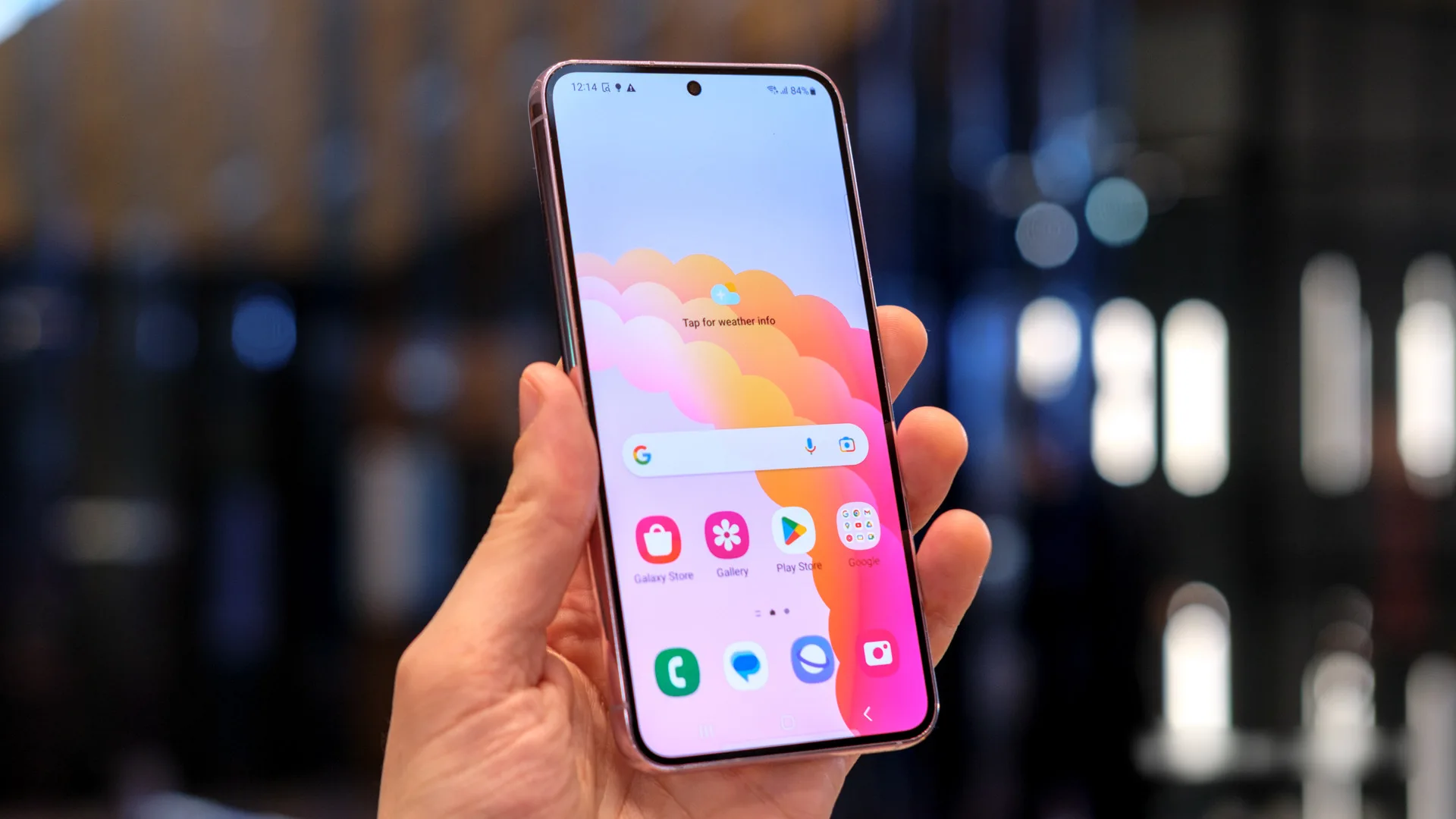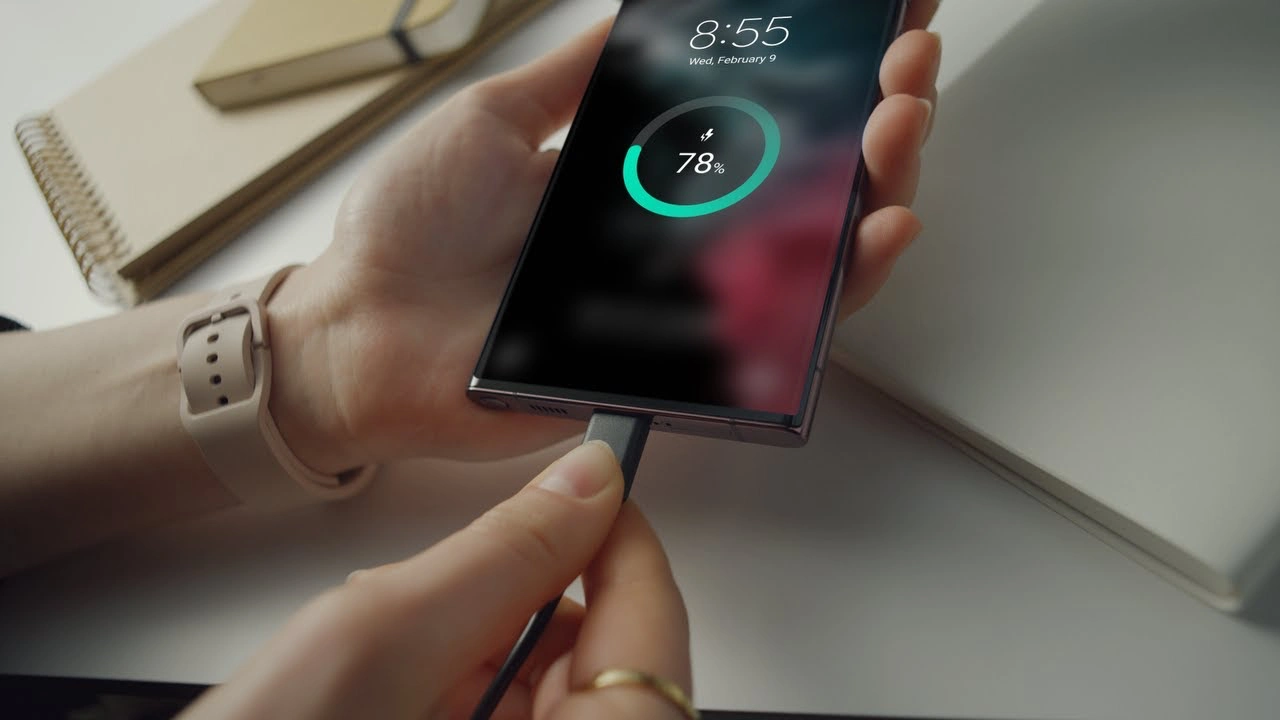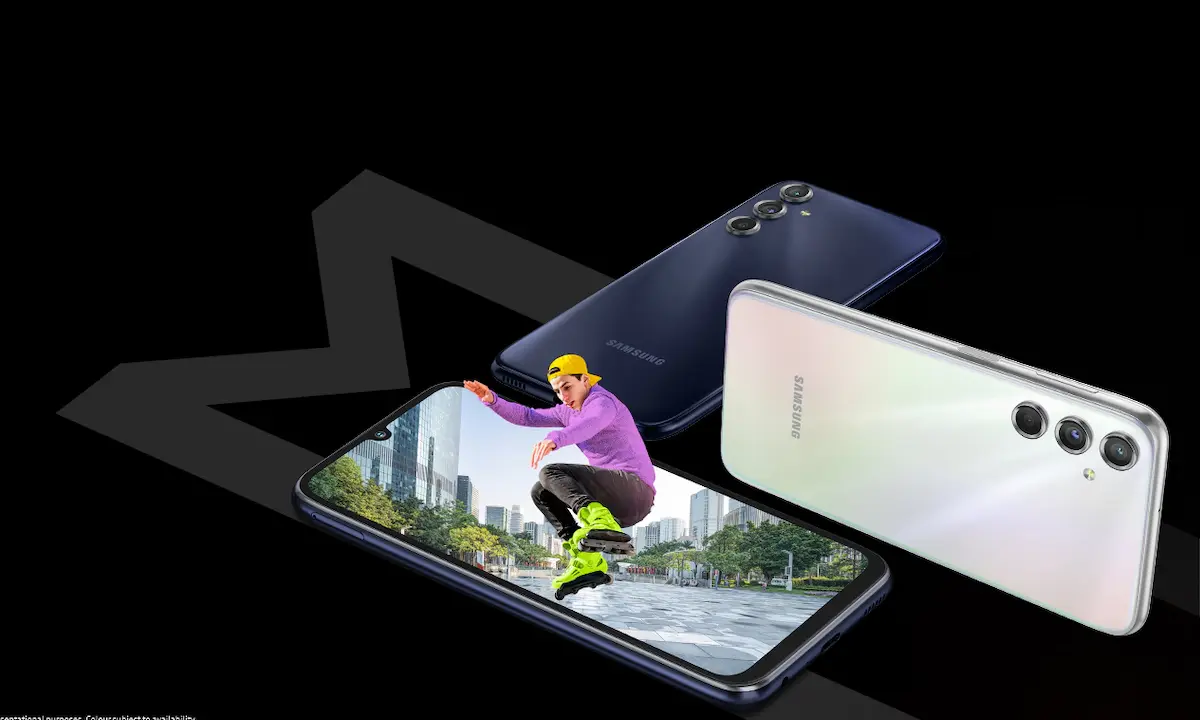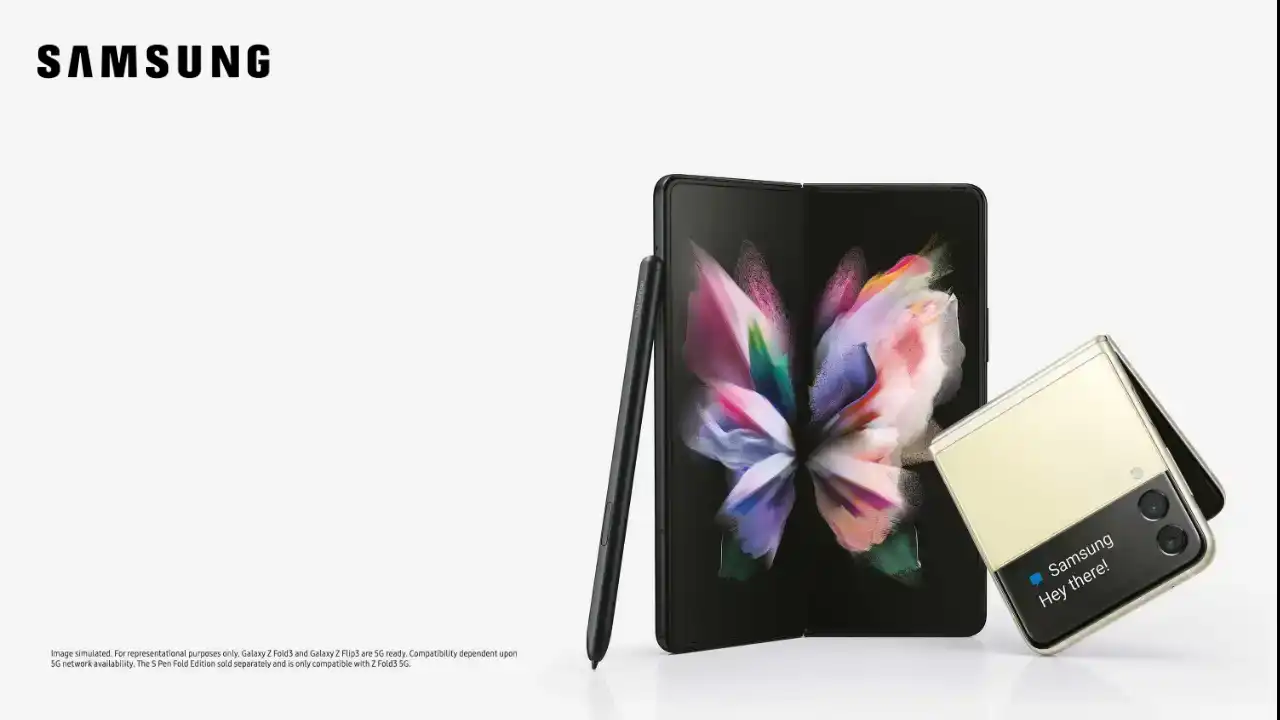News
Google Pays Samsung $8 Billions to Keep Galaxy Users Locked in Its Ecosystem

Epic Games Inc. testified that Google had agreed to pay Samsung Electronics Co. $8 billion over the course of four years to set its search engine, voice assistance, and Play Store as the company’s default apps on its mobile devices. Under cross-examination from an Epic attorney on Monday during the San Francisco trial, Google Vice President of Partnerships James Kolotouros revealed that the company came up with the scheme to split App Store profits with manufacturers of Android smartphones so that their products would ship with Google Play pre-installed on the home screen.
Big G’s App Store allegedly breaks antitrust rules, as per Epic, the company behind the will not game Fortnite. The agreement with Samsung was showcased by an Epic attorney as an illustration of Google’s four-year-old agreements with manufacturers of Android-powered smartphones. As per Kolotouros’ evidence, Google Play makes at least half of its money from Samsung headsets. In an attempt to discredit third-party app shops, which Epic projected in a previous test would cost Google $12 million in operational profit in 2021, Epic is attempting to demonstrate that management at the Alphabet Inc. company was keen to hinder their spread.
Including the customary 30% revenue share the corporation collects from app developers, more than a billion was invested from sales. Google has suggested investing $2.9 billion in 2020 to ensure that search, play, and other critical apps are available on devices for partners that are not Samsung, such as non-Android OEMs and cellular carriers. As a part of this, the makers will receive some cash from Google Play and Search ad sales, this is called RSA 3.0. Samsung would be able to supply its own payment or billing, while Google promised to pay Samsung $200 million over four years in 2019 in exchange for the Galaxy Store app marketplace being accessible through the Google Play Store instead of being pre-installed.
Internal Mails:
Google workers were worried that Google Play earnings were in jeopardy when Android phone manufacturers started creating their own app stores and payment systems, as per internal emails that Epic’s attorneys questioned Kolotouros about. One email states that Amazon was viewed as a potential danger. Coworker Colotouros emailed in 2014, “I’m concerned that the Amazon Store (200K apps and growing) is gaining a foothold in the Android world.” In order to prevent its search engine and applications from being neglected on mobile devices, Google proposed in another internal presentation from 2019 to provide a portion of Google Play revenue to manufacturers of mobile devices other than Samsung.
Kolotouros stated that Google and Samsung never came to a consensus that would have stopped Samsung from putting its Galaxy Store on device home screens when questioned by Google attorney Glenn Pomerantz. To him, the arrangement is intended to keep customers from moving from Samsung Android phones to iPhones made by Apple. This supports Google’s arguments that agreements and regulations with developers and device manufacturers are justifiable attempts to promote competition. Attorneys for Google revealed an email sent in July 2019 by Jamie Rosenberg, a consultant who formerly oversaw Android and Google Play operations, stating that his team was pausing Project Banyan. An incentive dynamic where shoppings would compete with one another was formed following the email.
Additionally, manufacturers are required to pre-install Google applications and are prohibited from including rival ones on devices in the “RSA 3.0 Premier tier” of handsets, which are eligible for full revenue share. You may preload rival app stores, though, if you are not on the tier.
Thanks to “Bloomberg“
News
Samsung Prioritizes Faster Charging in 2024 Smartphones

The first quarter of 2024 is already over; during this interval, Samsung has introduced several Galaxy smartphones of particular belonging, such as the flagship Galaxy S24 series, the Galaxy A55 and Galaxy A35, the mid-range ones, the Galaxy A15 and Galaxy F15, the budgetable ones, and many more. But the fact is, after being the latest smartphones, they have a lack of ‘charging speed.’
Undoubtedly, Samsung is leading the tech industry with its top-notch features, design, and larger batteries, as compared to other Android manufacturers, but despite all this, it has a massive lack of charging speed. Samsung usually attaches larger batteries to its Galaxy smartphones to enhance the users’ non-stop-using experience. But a larger battery isn’t worth it unless it has a good charging speed.
On the other hand, Chinese manufacturers are equipping their smartphones with charging speeds north of 100W, whereas 45W is the maximum speed you can get on Galaxy smartphones. However, even 45W charging is quite rare among Galaxy phones. Samsung has launched most of the Galaxy devices in the last couple of years, including the flagship with support for 25W.
Here we are making things easy for you if you are looking to buy a Galaxy smartphone that debuted in 2024 with the support of 45W charging speed by mentioning a list of devices:
- Galaxy S24 Ultra
- Galaxy S24+
- Galaxy F55
- Galaxy M55
- Galaxy C55
The list is quite short, even considering that the Galaxy F55, M55, and C55 are just rebranded variants of the same smartphone for different regions. Now Samsung is setting up to launch its next-generation foldable devices, the Galaxy Z Fold 6 and Galaxy Z Flip 6, in July, but it is yet to be confirmed whether these devices will get a boost in charging speeds from 25W or not.
News
New Galaxy Phone In Existence: Samsung Galaxy M35 5G Spots On Geekbench

The Korean brand – Samsung has recently announced its two mid-range Galaxy smartphones – Galaxy A55 5G and Galaxy A35 5G. A new benchmark listing has a spot for Samsung’s affordable smartphone, Galaxy35 5G.
Samsung is now gearing up for its next affordable Galaxy smartphone, the M35 5G, as the reports are unvunveilhey have found a new benchmark listing for Samsung the Galaxy M35 5G.
The smartphone has been spotted with the model number as an identification code – SM-M356B on the Geekbench 6.2.2 database. Not only this, but it also confirmed the presence of 6GB of RAM and Android 14 OS. The chipset also came to know which is the latest Exynos 1380.
The codename for the motherboard is also mentioned, which is ‘s5e8835.’ The reports say that it has scored 656 and 1967 points in performance scores on the benchmarking platform. Exynos 1380 is the latest chipset of the Korean brand, which is a 5 nm processor. It consists of 4 Cortex A78 cores, which clock at 2.4GHz, and 4 Cortex A55 cores, which clock at 2.0GHz. It is coupled with a Mali g68 MP5 GPU. It also has an AI Engine.
This also offers connectivity options, which include the latest Bluetooth version 5.3 and Wi-Fi 802.11 ax with three bands. It supports a camera resolution of at least 200MP for capturing images, and for video recording, there is support for up to 30fps 4K recording. The storage supported is UFS v3.1, and RAM will be of the LPDDR4x/5 type.
Samsung has recently debuted its two smartphones, Galaxy A55, and Galaxy A35; the Galaxy A35 5G smartphone is powered by Exynos 1380 chipset. From this perspective, Galaxy M35 5G could be a variant of Galaxy A35.
At the moment, no specs and features of the device have been revealed or leaked. Still, since Galaxy M series smartphones usually have a bit higher battery power of at least 6000mAh, the forthcoming Galaxy M35 5G smartphone also arrives with the same battery power.
Firmware
Verizon rolls out the March 2024 security patch update for the Galaxy Z Fold 3 and Galaxy Z Flip 3 devices

Verizon has rolled out the March 2024 security patch update for the Galaxy Z Fold 3 and Galaxy Z Flip 3 devices. Earlier, these devices had received the same update outside the US, but now they are gradually expanding to the US.
The Galaxy Z Fold 3 and Galaxy Z Flip 3 are spotted getting new updates with the firmware version numbers F926USQS5HXBD and F711USQS6HXBD, respectively. It is worth noticing the update is currently available for the devices locked to Verizon, but it will soon be available on more carriers.
For your information, the latest update for Galaxy Z Fold 3 and Galaxy Z Flip 3 doesn’t bring any significant changes, but as it is the latest security patch, it will provide some internal fixes to maintain the security of the devices.
If you are getting some other issues from the last update, you should also update the device to the latest update, as it may also address some issues. Along with the update, other improvements may also be made to enhance the overall performance of the devices.
Suppose you use the Galaxy Z Fold 3 or Flip 3 device in the US. In that case, you can update the device to the latest version by simply going to the system settings and then to the software update. If you haven’t received the update, you should wait for some time, as it may arrive in the next few days.












